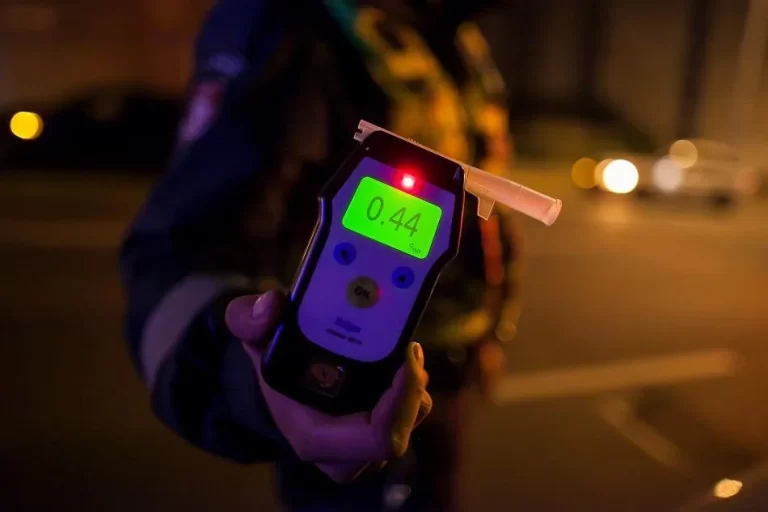Police use breathalyzer tests to gauge drivers’ blood alcohol concentration (BAC). While these machines may provide accurate estimates, they cannot always deliver 100% accurate results.
Breathalyzer accuracy can be affected by many variables, including medical conditions, diet, mouthwashes and other variables. Understanding these aspects will allow Georgia DUI lawyers to challenge breath test results more successfully.
Accuracy
Breathalyzers use complex chemical analysis to estimate your approximate blood alcohol content, but they’re far from foolproof – like any device, they must be regularly calibrated and properly maintained in order to provide accurate results and protect your driver’s license from inaccurate readings. Inaccurate results could put at risk your license to operate and other factors may cause breath test errors such as chemicals found in mouthwash, chewing gum or medical conditions affecting breath test readings or even minor movements that cause it to produce false positives.
Georgia law mandates all drivers be tested for intoxication if an officer suspects them of driving under the influence. If your breathalyzer result indicates you were over the legal limit, this can result in charges for DUI; to prevent this situation from unfolding further you could choose not to take part in the breathalyzer test; but doing so might not always be wise or advisable.
Refusing to take a breathalyzer test in Atlanta could result in harsh penalties, including suspension of your driver’s license. Furthermore, if an officer did not read you your Miranda warning prior to asking you to blow or the breathalyzer device was improperly calibrated then its results may not be admissible in court – therefore it’s vital that you contact an Atlanta breathalyzer defense lawyer as soon as possible – Vann & Quinn offers experienced breathalyzer defense attorneys and can help protect both results as well as safeguarding rights.
Detection
When someone blows into a breath test machine, the device measures their BAC (blood alcohol content). Any reading above 0.08% is considered illegal for driving in Georgia. Unfortunately, however, many factors can cause inaccurate results to come back from breath tests; that is why an experienced DUI attorney must thoroughly evaluate evidence against you before challenging these results in court.
One source of errors can be residual mouth alcohol, which may come from chewing gum, using mouthwash, cough syrup or taking certain medications. Also affecting one’s BAC reading can be temperature variations; even one degree Celsius difference can make a significant impactful difference to their BAC reading.
Machines used for breath tests must also be regularly serviced and calibrated to ensure accuracy, or else a breath test could be ruled invalid as evidence in court. As a result, DUI defense lawyers frequently review service records of equipment used during an arrest for analysis purposes.
No matter how strong or weak you believe the evidence against you to be, it is crucial that you contact an Atlanta DUI attorney immediately following your arrest. Infringing upon Georgia’s implied consent laws by refusing a breath test could lead to severe penalties including license suspension.
Reaction Time
Though breathalyzer technology is generally reliable, numerous factors may skew its accuracy; accordingly, an experienced DUI lawyer could challenge its results for your case in many different ways.
If you drive while under the influence of alcohol in Georgia, an officer is likely to request that you submit to either a breathalyzer test or blood sample collection for analysis. You have every right to refuse either test; however, doing so could result in losing your license for up to a year.
As one of the primary factors affecting breathalyzer results is mouth alcohol, such as mouthwash or breath sprays used during dental hygiene or medications prescribed to treat acid reflux can leave behind trace amounts of alcohol that artificially raise one’s blood alcohol content (BAC). Police officers are trained to wait approximately 20 minutes before administering breathalyzer tests so as to minimize chances of contamination through mouth alcohol contamination.
Other factors that could impede the accuracy of a breathalyzer include machine itself, calibration and temperature changes in the subject’s body. Certain medical and physiological conditions, like GERD or diabetics who produce acetone that some breathalyzers misinterpret as alcohol could also produce inaccurate readings on breathalyzers. With expert testimony from medical professionals or toxicologists a DUI defense attorney could effectively create reasonable doubt about its results.
Temperature
Police often use breathalyzers like the Intoxilyzer 5000 quickly and conveniently for breath tests; however, their accuracy may not always be reliable due to various factors, including improper calibration and maintenance issues; mouthwash use; medical conditions that influence breath test accuracy; as well as external environmental influences like temperature. A skilled DUI attorney can use these factors in court proceedings against breath test results being submitted as evidence against them and potentially get them overturned.
If you are pulled over for DUI, an officer will ask you to submit to breath or other chemical tests of your blood, urine and breath. If you choose not to submit, your driver’s license could be suspended; but if you choose to submit, there are some things you should remember when doing so.
Even if you’ve only consumed a few drinks, the results of a Georgia preliminary breath test (PBT) or chemical breath test at the station can be used against you in court. A DUI specialist in Georgia can cross-examine an officer and cast reasonable doubt about an instrument’s numeric readings.
An experienced Atlanta DUI lawyer will also assess whether an officer read you your Miranda warning before administering a breath test and/or calibrated the device according to state guidelines, both of which could impact whether a breath test result can be excluded from consideration in your case. This information could prove crucial as your Atlanta DUI lawyer must show how unreliable it was.
